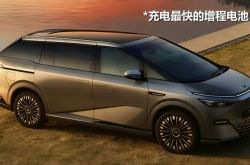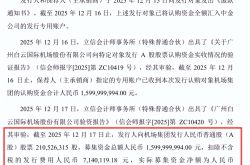TCL's AI Gamble: A Carnival of Conceptual Hype
![]() 01/10 2025
01/10 2025
![]() 537
537
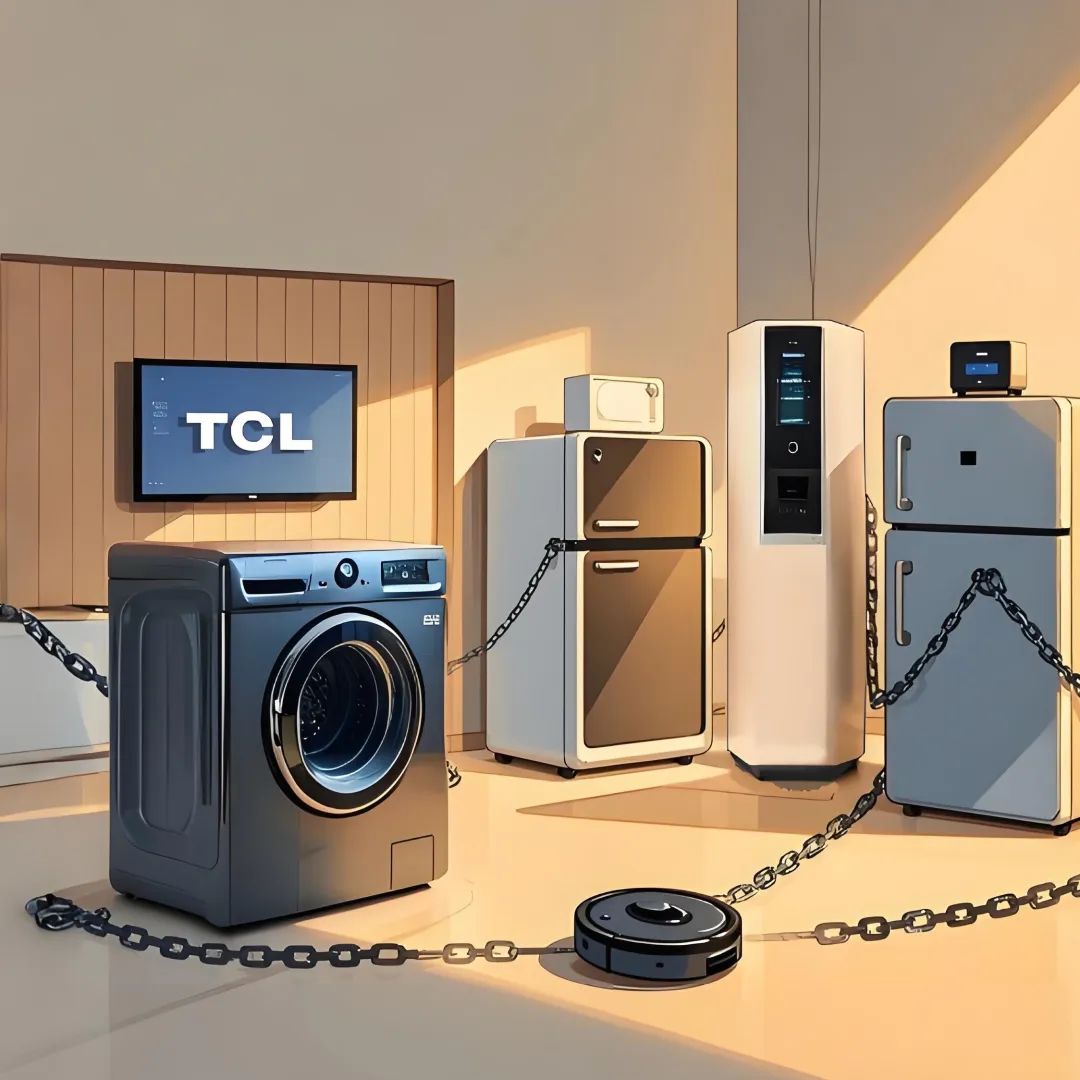
TCL seems adept at keeping pace with stock market and technological trends, but whether it can achieve meaningful empowerment and transformation in such a rush is questionable.
@TechNewKnowledge original
If CES 2025 were to be defined with precision, the technology Spring Festival Gala should be renamed the AI Spring Festival Gala.
With a striking jacket, Huang Renxun, over 300 AI glasses, countless AI home appliances, robots, and intelligent driving technologies, AI undoubtedly stole the show. Two years after the birth of ChatGPT, AI is no longer confined to a niche; its explosion from the cloud to the end-user side seems to be the dominant theme of 2025.
Before Huang Renxun's speech, TCL, as the Chinese brand with the largest exhibition space at CES 2025, garnered significant attention. It is evident from TCL's product rhythm and multi-category layout that embracing AI has become one of its most critical strategies.
On January 6, TCL founder Li Dongsheng acknowledged at CES that TCL would showcase over 120 technology products across 25 categories, with a particular focus on TCL's latest achievements in AI application and development. Earlier, in December, TCL unveiled the AI smart operating system XiaoT Central Control Big Model and other full-scenario AI applications at its Global Technology Innovation Conference (TIC2024). It also showcased dozens of AI smart terminal products, including AI refrigerators, AI air conditioners, AI TVs, and learning machines.
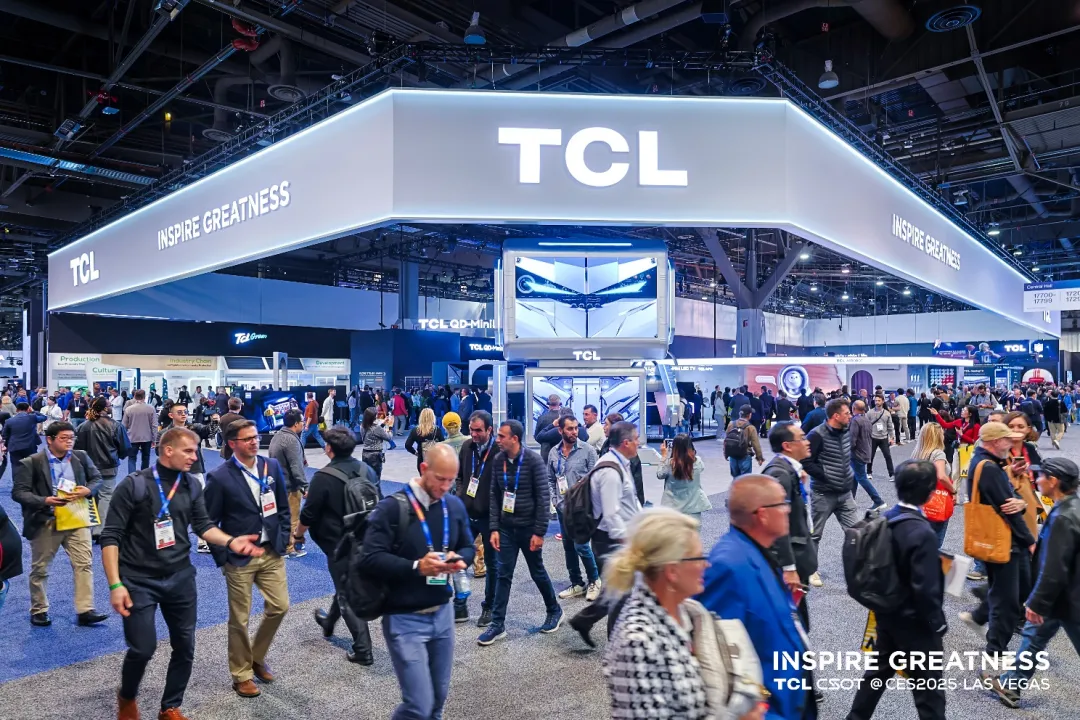
From a genetic perspective, technology companies and manufacturing companies are inherently distinct. Xiaomi has gradually transcended its image as a mere manufacturing company, enhancing its valuation through years of mobile phone success and more recently, electric vehicles. Today, TCL aims to follow this path with AI, but the journey ahead is fraught with challenges.
Embracing AI is no simple feat. With Apple, Tesla, Li Auto, and Xiaomi leading the way, the trend is clear, but grasping it is far from straightforward. TCL boasts an excellent manufacturing foundation and leading supply chain capabilities, yet its current understanding of AI seems unconvincing. The company's aggressive layout inevitably evokes memories of TCL's risky merger with Zhonghuan during the early days of the new energy boom, which became a ticking time bomb.
While TCL seems adept at keeping pace with stock market and technological trends, whether it can achieve meaningful empowerment and transformation in such a rush remains uncertain.
Today, TCL's photovoltaic business is incurring losses once again, and its traditional panel business is still languishing at the bottom of the cycle, exposed to the risks of meager profits. TCL places greater emphasis on the AI home appliance sector, which has achieved rapid growth. However, this seems more like a product of timing rather than a result of deep-seated transformation. Whether it's the AI wave, overseas inflation, or the trade-in of domestic appliances, these external changes seem to have played a significant role. Internally, the most critical white goods sector was not merged until 2023 and renamed TCL Smart Home. Due to the ecological linkages between these sectors, it appears that the desired chemical reaction has yet to take place.
TCL is like an old horse that knows the way, rushing, timing, and parrying to cope with external changes. This time, AI has emerged as a new direction. However, from the current situation, it resembles many of TCL's past actions. While TCL has accumulated considerable experience, whether it can complete the transformation remains unclear.
01
Following the Footsteps of Samsung and Sony
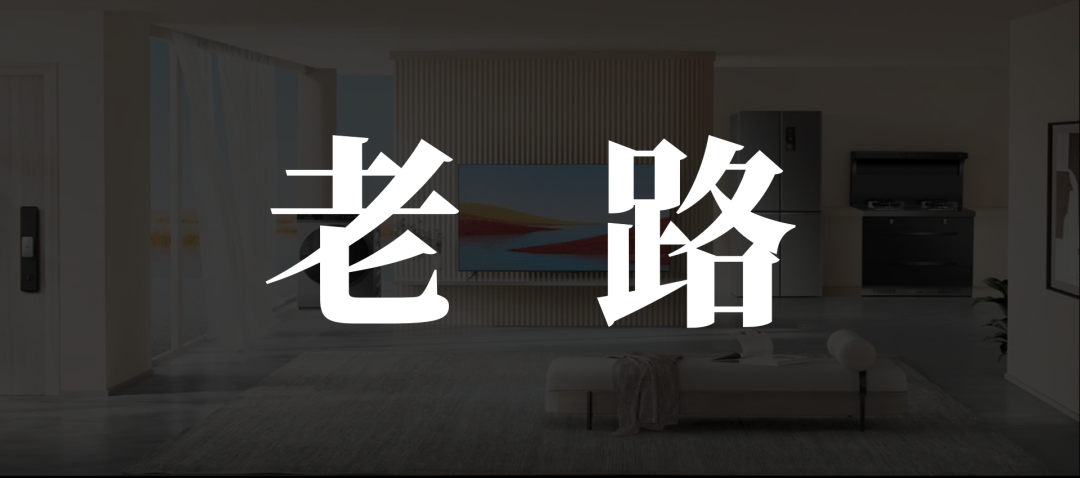
If CES is a mirror, then the products reflect each company's true ambitions.
At CES, TCL launched an extensive product list, including over 100 innovative technological achievements across 25 categories, spanning TVs, gaming monitors, tablets, mobile phones, Thunderbird AR glasses, automotive displays, air conditioners, refrigerators, washing machines, AI robots, smart door locks, security cameras, automotive smart cockpit solutions, and smart home energy product solutions.
This list mirrors the content released by TCL at the 2024 TCL Global Technology Innovation Conference (TIC2024). At this conference, TCL showcased dozens of AI smart terminal products, including AI refrigerators, AI air conditioners, AI TVs, and learning machines. However, the AI technology content focused on five aspects: the "TCL Full-Domain and Full-Scenario AI Application Solution," integrating five innovative applications—AI smart operation, AI simulation, XiaoT Central Control Big Model, AI movie production, and Xingzhi X-Intelligence 2.0.
Upon closer inspection of these five AI directions, TCL's approach to AI becomes apparent. AI smart operation pertains to smart product interaction, AI simulation is applied to product design and performance optimization, the central control big model is utilized in smart home scenarios, AI movie production focuses on content, and the Xingzhi model emphasizes production efficiency.
TCL's AI deployment focuses on optimizing the entire existing chain, with product interaction, performance optimization, content production, scenario coordination, and production efficiency improvement as key directions. This bears some resemblance to Xiaomi's earlier AloT proposal. Multiple demonstration videos highlight intuitive changes in functions such as speech recognition, intelligent recommendation, and screen power saving.
However, in 2018, Luo Yonghao introduced the Nut Pro TNT workstation, which also demonstrated similar functionalities. Whether such products will succeed remains uncertain. Yet, from TCL's AI chain layout, one can deduce the company's ultimate aspirations for AI.
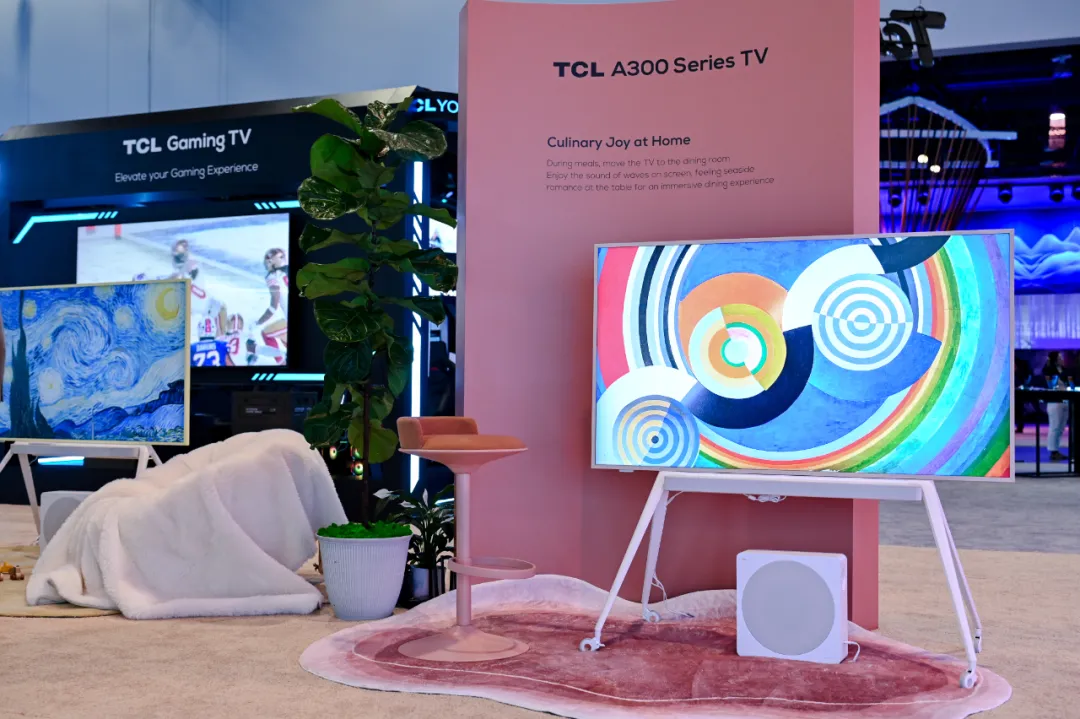
According to a report by economist He Gang, in the 2023 Fortune Global 500 list, six home appliance companies were listed worldwide: Samsung Electronics (South Korea), Sony (Japan), LG Electronics (South Korea), Panasonic (Japan), Midea (China), and Haier Smart Home (China).
This ranking is based on each company's revenue in 2022: Samsung Electronics generated nearly $240 billion, Sony $85 billion, LG Electronics approximately $65 billion, and Panasonic approximately $62 billion; Midea recorded $51.4 billion, and Haier Smart Home $36.2 billion. The combined revenue of China's two companies is less than half of Samsung's.
Like TCL, Samsung is not a typical home appliance company. Its chip and mobile terminal businesses are the company's traditional pillar industries. Of the over $200 billion revenue, chip semiconductors account for half, and the mobile phone business accounts for 30%. The advantages of upstream manufacturing directly empower downstream products, and the brand perception of the mobile phone business also drives the growth of home appliance products. In the global TV market, Samsung TVs still account for about 30% of industry sales, significantly ahead of LG Electronics and Sony; especially in ultra-large screen TV products above 75 inches, Samsung holds approximately 50% of the global market share.
In the US home appliance market, which serves as a global benchmark, Samsung has surpassed other home appliance peers for many years, occupying about 20% of the market share. Especially in the field of living appliances such as refrigerators and washing machines, Samsung leads the US market.
TCL is clearly mimicking Samsung's industrial layout. TCL's panel business also plays a crucial enabling role for downstream home appliance products and forms the foundation for TCL to rapidly apply AI to home appliances.
Simultaneously, TCL seems to be following Sony's path. Looking at Sony's revenue composition, the media and entertainment business contributes more than half, while traditional home appliance hardware products contribute less than 30%. It is precisely Sony's media and entertainment content, which has significant advantages, combined with its consumer electronics hardware and technical services, that constitutes a more complete business ecosystem, making Sony a key leader in the global home appliance industry's three-dimensional competition.
This time, TCL placed particular emphasis on AI movie production and has been consistently investing in content. In November 2024, five short films created by renowned screenwriters and directors on the TCL AI content creation platform premiered at the Hollywood TCL Chinese Theatre. In 2025, TCL plans to release the first 90-minute AI movie in North American theaters, further promoting AI technology's innovation and application in film and television creation.
Using AI as the technological direction and following the paths of Samsung and Sony to achieve industrial upgrading and enhance competitiveness outlines TCL's comprehensive expectations for AI.
02
The Veneer of Conceptual Upgrade
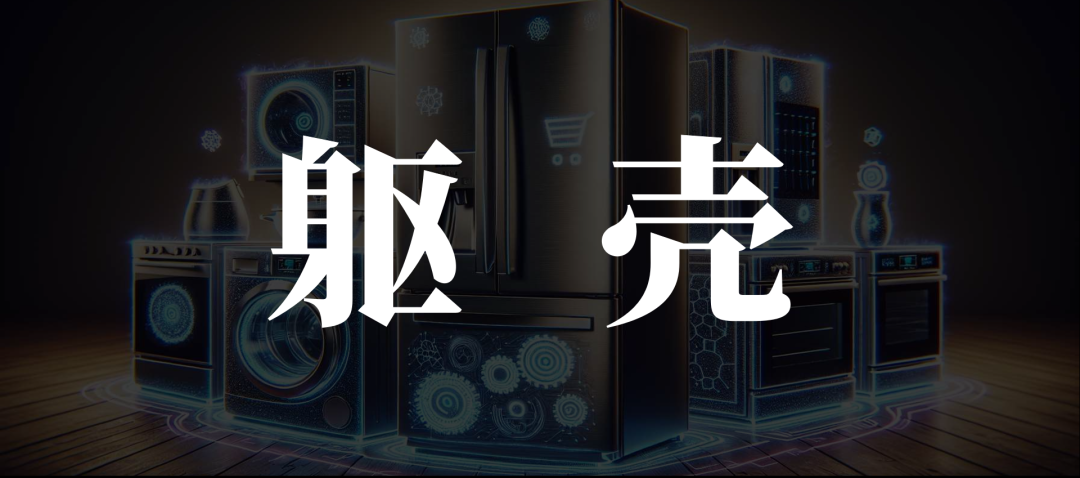
While the path is clear, the actual success rate seems to be the key to determining whether TCL can stand out in the AI field.
As a high-end manufacturing company, TCL's association with AI is relatively recent. According to 36Kr's report, starting from the fourth quarter of 2022, TCL Industry explored various large models and launched many products integrating large models in 2023. However, given this short R&D period, TCL's AI integration in actual products seems somewhat underwhelming. The integration of chatbots with TVs and intelligent temperature control with air conditioners appears more like a collection of micro-innovations rather than a comprehensive overhaul.
Due to numerous product lines and significant differences in technological reserves, it is challenging to summarize TCL's overall brand image with one word. The empowerment of AI across various businesses also varies significantly. This easily reminds one of the IoT and AloT trends during the era of the Internet of Everything. Xiaomi's eventual success in AloT today seems more like a refinement of products and design rather than an embrace of technology.
TCL excels in panels, and this time it is evident that TCL has invested heavily in this area. The company launched the 2025 "picture quality ceiling" X11K QD-Mini LED TV. According to TCL's press release, this TV employs the world's leading QD-Mini LED technology and can present more picture details with 14,000 local dimming zones and a peak brightness of 6500 nits. Its equipped global halo control technology effectively addresses the halo problem prevalent in the industry.
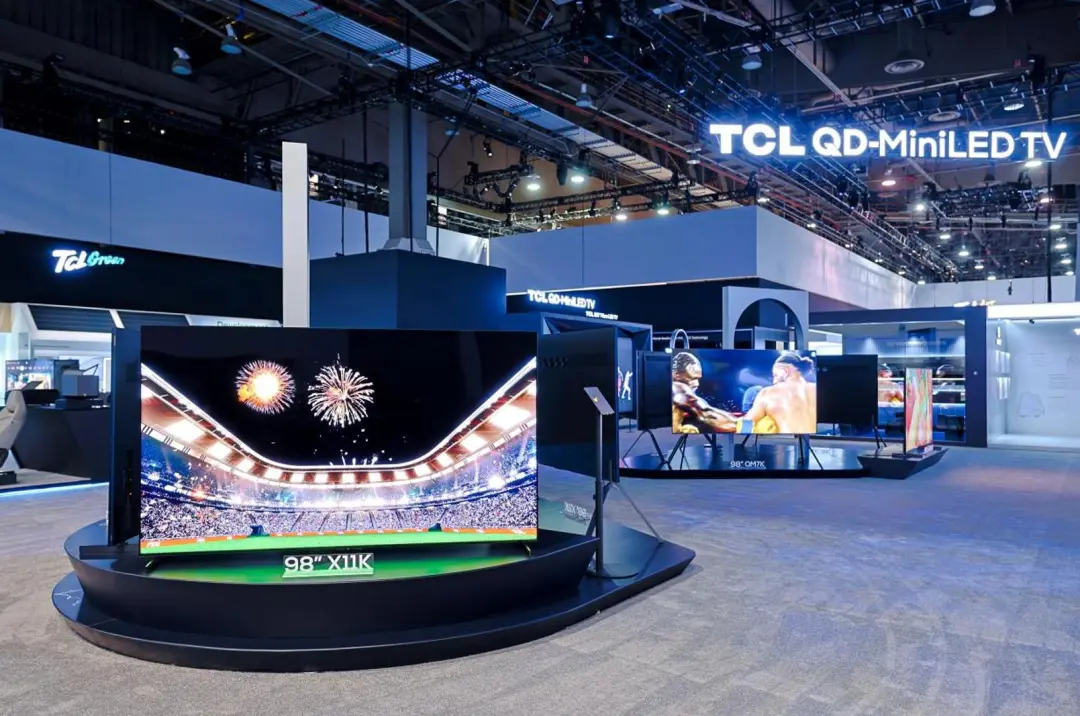
TCL's strength lies in manufacturing, but for the AI aspect of the TV line, it seems much simpler. Overseas, TCL claims it will access the Google AI large model Gemini and expects to launch the world's first TV equipped with Gemini AI functionality within 2025. The domestic version offers similar functionalities, with AI more prominently featured in intelligent interaction. Building on existing performance strengths, combined with the interactive experience of AI chatbots, appears to be a manifestation of TCL's current capabilities.
From this, it is clear that TCL's competitive advantage still lies more in manufacturing technology rather than AI. Moreover, the traditional panel advantages' support for AI still does not seem to have triggered a significant chemical reaction.
In the content field, TCL's so-called AI movie production also appears to have internal and external constraints. According to 404Media's report, TCL utilized AI tools such as ComfyUI, Nuke, and Runway. It is worth mentioning that all of TCL's short films were written, directed, and scored by real people, including some familiar faces.
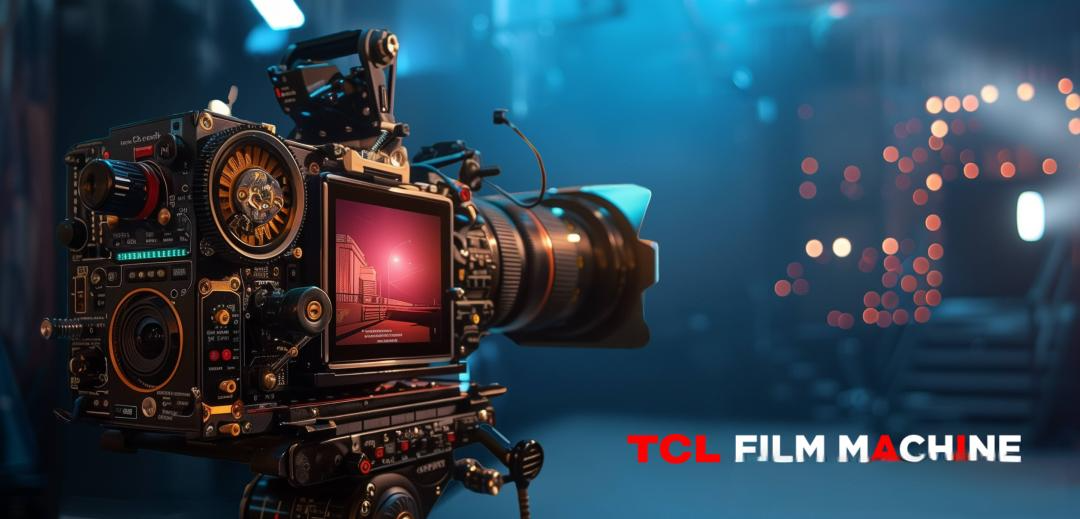
At the film screening, Chris Regina, TCL's Chief Content Officer for North America, stated that a total of "over 50 animators, editors, special effects artists, professional researchers, and scientists" participated in the production of these films. TCL's AI content establishment relies more on promoting a service tailored for targeted advertising and leveraging generative AI for fast, low-cost content creation.
From the above, TCL is more of a content producer. In terms of technology and content, it is still at a relatively nascent stage and relies heavily on the traffic effect generated by TCL's large shipments of TVs overseas. Essentially, it serves more as a tool for cost reduction and efficiency enhancement in content creation. Based on relevant experience, many have attempted this direction. Kuaishou's Keling model has also been used by Coca-Cola to create AI advertisements, but its reputation peaked early and waned, with its effectiveness still struggling to compete with regular content.
In summary, for TCL, AI currently feels more like a veneer of conceptual upgrade. Whether in manufacturing, products, or content, TCL's application of AI still seems to be in the initial stage of simple integration. It is more about applying mature AI technology and tools to optimize product functions.
From a business standpoint, this strategy boasts a low trial-and-error cost and swift application speed. If AI is considered an additional link in the supply chain for enterprises, it has the potential to yield excellent results. However, in today's competitive industry landscape, major companies' all-in approach to AI has become a trend. Li Xiang, the founder of Li Auto, candidly stated that AI's essence lies in enhancing capabilities rather than optimizing functions. As for TCL, whether AI technology will play a leading or supporting role remains a question that must be addressed in the future.
03
Lagging Behind in Competition
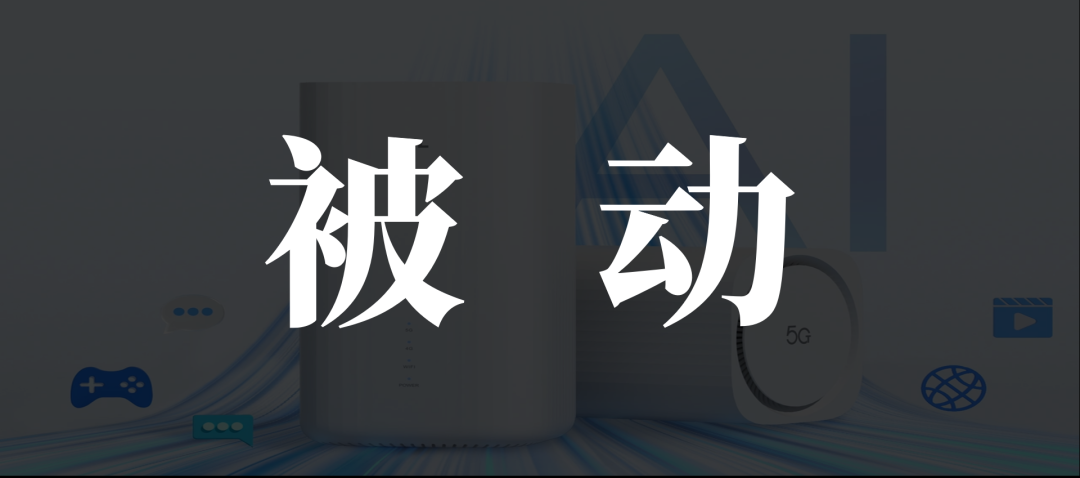
In this wave of AI transformation, how much of a dividend can TCL truly capture?
As a pioneer in the upstream and downstream layout of the terminal sector, TCL enjoys a significant first-mover advantage. Its panel business, a seasoned player within TCL, has steadfastly held a global leading position for years, amassing profound technical expertise and scale advantages. This not only supplies core components for downstream home appliances, ensuring supply stability and cost control, such as TCL TVs utilizing self-developed high-end panels to compete with international products, but it also serves as a pivotal enabler in the AI era. It provides AIoT devices with high-definition, intelligent interactive display windows, enabling a transition from simple visual presentation to intelligent interaction hubs.
TCL's manufacturing sector expertise also serves as its "anchor." With long-term experience in home appliance manufacturing, TCL has established a mature industrial chain and efficient supply chain system, enabling swift market response and seamless product transition from design to mass production. When integrating AI technology, such as in the research and production of smart air conditioners and smart refrigerators, TCL can leverage its existing manufacturing strengths to expedite the implementation of AI products, swiftly transforming new technologies into marketable goods and seizing the initiative.
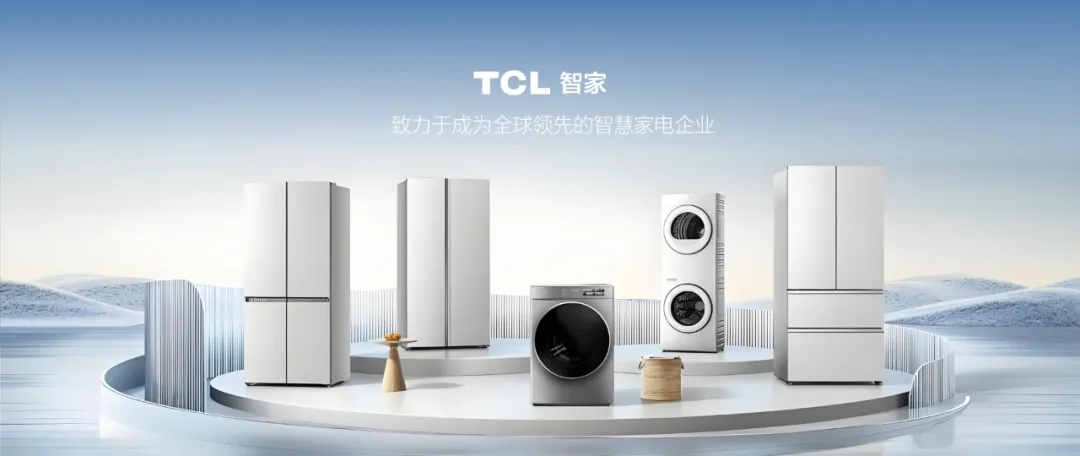
On the flip side, AI presents a high-stakes gamble for TCL. The manufacturing enterprise's inherent characteristics necessitate TCL leveraging its late-mover advantages, positioning it in the middle to backend of the value chain.
Leading technology enterprises like Google and Microsoft possess significant advantages in algorithms, computing power, and data processing. As a traditional manufacturing enterprise in transition, TCL faces considerable challenges in catching up. Even when compared to companies like Samsung and Sony, TCL does not hold a significant advantage. Taking AI large model training as an example, it demands vast amounts of data and top-tier computing power support. Any slight delay could render TCL's AI functions inferior, with less accurate smart interaction and content recommendation compared to competitors, placing TCL at a disadvantage in market competition.
Regarding market acceptance, despite benefits like government subsidies, consumers' awareness and demand for AI home appliances are still in the nascent stages. Some smart functions are flashy yet impractical and complicated to operate. Moreover, the integration of technology increases the cost of AI home appliances. If TCL fails to accurately target the mid-to-high-end market, set reasonable prices, and balance costs and selling prices, it may easily fall into the predicament of being well-received yet not selling well. This could hinder the recovery of early-stage R&D investments and impede the process of industrial upgrading.
In the competitive landscape, technology giants and home appliance behemoths are heavily investing in AIoT. Companies like Midea and Haier have been deeply entrenched in home appliance intelligence for years, boasting a vast user base and mature ecosystems. Xiaomi and Huawei, leveraging their brand, technology, and full-link ecosystem advantages, have ventured into this field, extending from mobile phones and communications to full-house intelligence. TCL must not only break free from the perception of a traditional home appliance brand but also stand out amidst emerging AI brands. It needs to focus on product differentiation, ecosystem openness, and user experience optimization. Any slight oversight could cause TCL to be engulfed in the AIoT red ocean, turning its AI transformation into a bubble and getting stuck in the "bottleneck" of industrial upgrading.
In an interview with "Thirteen Invitations," Li Dongsheng candidly stated, "No business decision made by any enterprise is risk-free. Enterprises are always navigating against the current; if you don't move forward, you will fall behind. If you don't change and strive now, you will be out of the game in two or three years." However, unlike traditional manufacturing, AI success cannot be solely achieved through hard work. Considering the current situation, the road ahead for TCL is still fraught with challenges, and relying solely on effort is clearly insufficient to distinguish itself from the competition.

